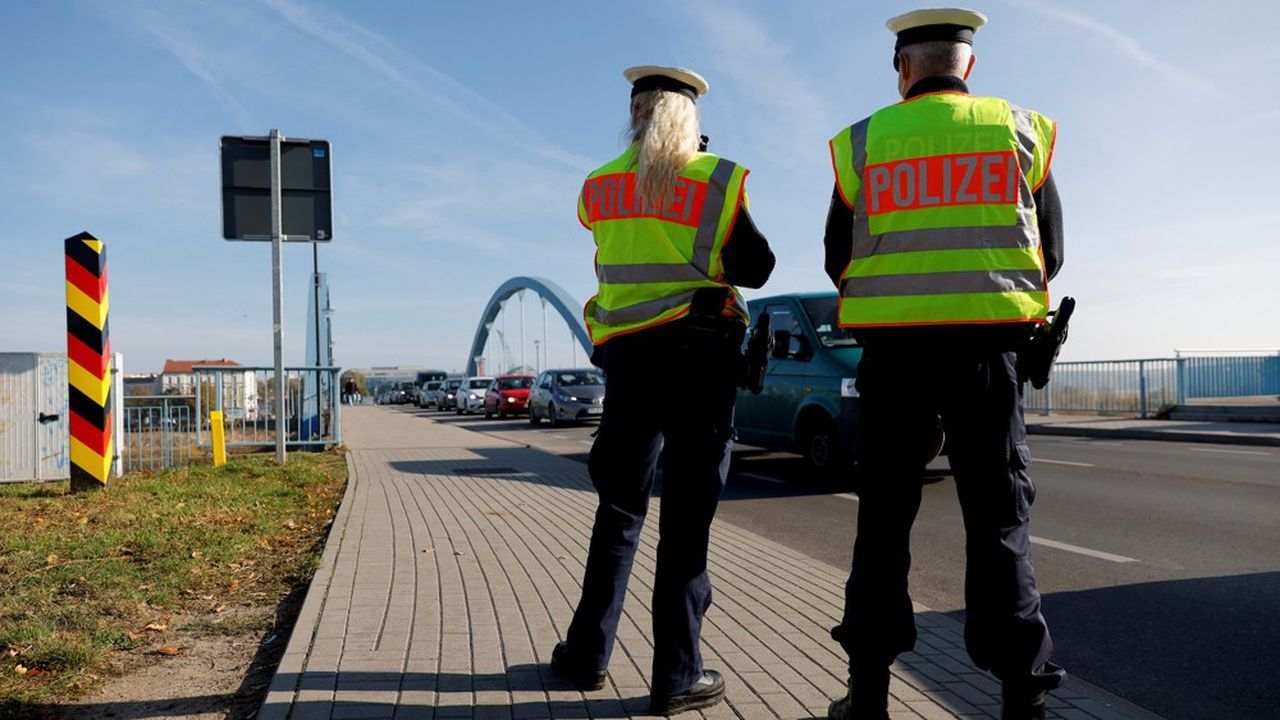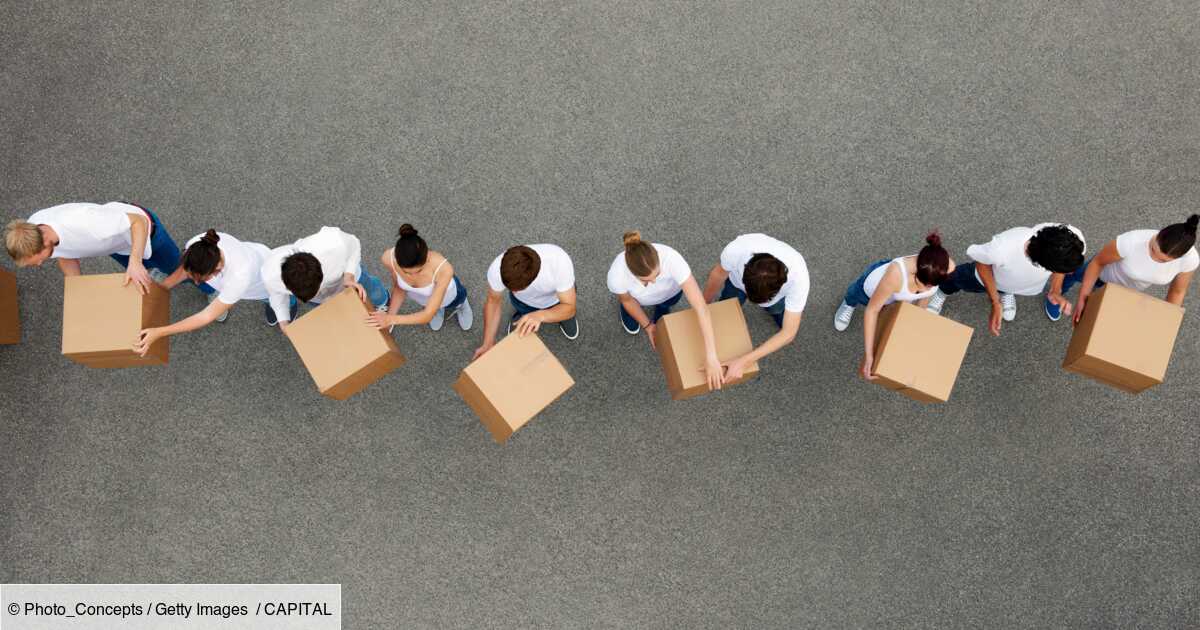
Germany continues to tighten its immigration policy. About ten days ago, the country decided to cut aid to asylum seekers who entered another EU state before Germany and sent 28 Afghans convicted of crimes back to their country for the first time since the return of the Taliban. Late Monday, Germany announced that it would introduce controls at all of its borders from September 16.
A “hard line”
“We continue to take a hard line against irregular immigration,” Interior Minister Nancy Faeser said.
These controls will be established for six months at the borders with France, Luxembourg, the Netherlands, Belgium and Denmark. They will be added to those already in place since October 2023 at the borders with Poland, the Czech Republic, Austria and Switzerland. A decision that was then taken to deal with the explosion in asylum applications.
Representatives of the three coalition parties, the Christian Democrats and the federal states are to meet this afternoon at the Interior Ministry to discuss the measures.
A major political issue
With the far-right winning a historic victory in regional elections in Thuringia and Saxony and the country hit by a new Islamist knife attack on August 23, illegal immigration has once again become a major political issue for Olaf Scholz’s government. Parliament must also quickly examine a bill to toughen gun laws.
Olaf Scholz’s government is under intense pressure. A new regional election is taking place in Brandenburg on September 22, and the population is unhappy with the government’s handling of the matter. Last week, an attempted attack by an 18-year-old Austrian, known to have Islamist sympathies, targeted the Israeli consulate general in Munich.
Tensions with neighboring countries
However, officials within the Greens and the Social Democratic Party have expressed doubts about the sustainability of this policy in the long term. This tightening of migration policy could indeed strain relations between Germany and its neighbours. Austria has already warned that it “will not accept people turned away from Germany”, its Interior Minister Gerhard Karner told the daily newspaper “Frankfurter Allgemeine Zeitung”. “One of our most important freedoms is being jeopardised in order to send a political signal”, deplored Dutch MEP Raquel García Hermida-Van der Walle, from Renew.
On Sunday, Olaf Scholz said he had “achieved the biggest change in the last ten or twenty years in the management of immigration”, claiming this hardening after Angela Merkel’s reception policy. Around 30,000 illegal refugees have been sent back since border controls were implemented last October.
During the 2015-2016 migration crisis, Germany took in more than a million refugees. Since the Russian invasion of Ukraine, around a million Ukrainian exiles have arrived in Germany.




